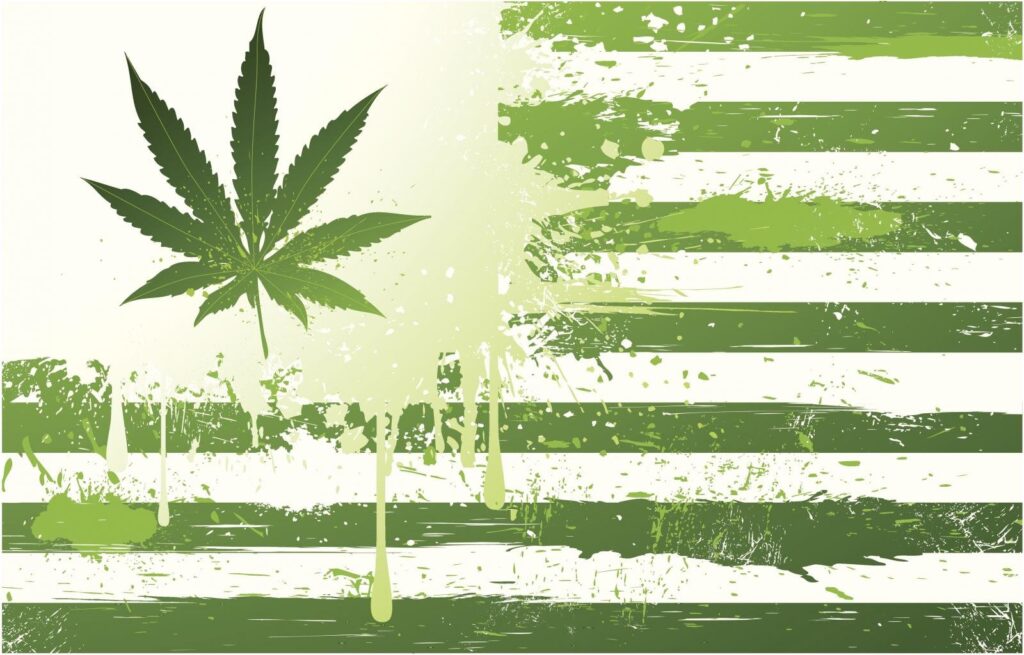Medical marijuana has gained widespread acceptance as a viable treatment option for various health conditions. In Pennsylvania, obtaining medical marijuana involves navigating a set of regulations and procedures designed to ensure safe and legal access. Let’s delve into the process step by step to guide you on how to get medical marijuana in the Pennsylvania State.
How to Apply For a Medical Marijuana Card in Pennsylvania?
- Patient Registration: Register as a patient on the Pennsylvania Medical Marijuana Program (PAMMP) website. You will need to provide proof of residency, a valid ID, and medical records supporting your qualifying condition.
- Obtain a Certification: Schedule an appointment with a registered physician in Pennsylvania. The physician will evaluate your medical condition and issue a certification if you qualify for medical marijuana.
- Pay the Fee: Once certified, pay the required fee of $129.99 for a medical marijuana identification card. The fee amount can vary, so check the latest information on the PAMMP website.
- Receive Your ID Card: After your application is approved, you will receive a medical marijuana identification card. This card allows you to purchase medical marijuana from approved dispensaries in the state.
- Visit a Dispensary: Locate an approved medical marijuana dispensary in Pennsylvania. Dispensaries are regulated and licensed by the state. Present your medical marijuana ID card and consult with the staff to find the right products for your needs.
Why Get An Pennsylvania Medical Marijuana Card?
Here are some reasons why getting a medical marijuana card in Pennsylvania can be advantageous:
- Legal Protection: Having a medical marijuana card provides legal protection and allows you to use marijuana within the boundaries of the state’s medical marijuana laws.
- Access to Medical Marijuana: With a valid medical marijuana card, you gain access to the state’s regulated dispensaries where you can purchase medical marijuana products.
- Broader Range of Products: Medical marijuana cardholders often have access to a broader range of cannabis products, including oils, tinctures, capsules, and more.
- Quality Control: State-licensed dispensaries are subject to quality control regulations, ensuring that the medical marijuana products meet certain standards for safety and efficacy.
- Personal Cultivation Privileges: In some states, medical marijuana cardholders may be allowed to cultivate a limited number of marijuana plants for personal use.
- Patient Assistance Programs: Some medical marijuana programs offer patient assistance programs, which may include discounts or financial assistance for qualifying individuals.
- Legal Possession Limits: Medical marijuana cardholders are allowed to possess larger quantities of marijuana, who may require higher doses for effective symptom relief.
- Employment Protections: While federal laws still classify marijuana as a Schedule I controlled substance, having a medical marijuana card may offer some level of protection against workplace discrimination related to marijuana use.
15 Medical Conditions For Qualifying a Medical Marijuana Card.
Pennsylvania’s Medical Marijuana Program includes a following list of qualifying medical conditions:
- Amyotrophic lateral sclerosis (ALS)
- Autism
- Crohn’s disease
- Glaucoma
- Huntington’s disease
- Inflammatory bowel disease
- Intractable seizures
- Neuropathies
- Opioid use disorder
- Parkinson’s disease
- Post-traumatic stress disorder (PTSD)
- Severe chronic or intractable pain of neuropathic origin
- Sickle cell anemia
- Terminal illness
- Tourette syndrome
What Are The Rules For Pennsylvania Medical Marijuana?
Pennsylvania has established a set of rules and regulations governing the use of medical marijuana. These rules are designed to ensure the safe and legal use of medical marijuana for qualifying patients. Here are some key rules for medical marijuana in Pennsylvania:
- Qualifying Conditions: Patients must have a qualifying medical condition as determined by the Pennsylvania Medical Marijuana Program.
- Physician Certification: Patients must obtain a certification from a registered physician stating that they have a qualifying medical condition and could benefit from the use of medical marijuana.
- Medical Marijuana ID Card: Patients approved for the program will receive a medical marijuana ID card. This card is required for purchasing medical marijuana at state-licensed dispensaries.
- Possession Limits: Patients are subject to possession limits, which dictate the amount of medical marijuana they are allowed to possess at any given time. The specific limits can vary based on the form of medical marijuana.
- No Public Use: Smoking medical marijuana is prohibited in public places. Consumption is generally restricted to private residences.
- No Driving Under the Influence: Operating a vehicle under the influence of medical marijuana is strictly prohibited. Patients are advised not to drive or operate heavy machinery while impaired.
- Employment Protections: While having a medical marijuana card may offer some legal protection, employers may still have policies regarding drug use.
- No Interstate Transport: Transporting medical marijuana across state lines is illegal, even if both states have medical marijuana programs.
- Renewal of Certification: Patients need to renew their certification and medical marijuana ID card periodically. The renewal process typically involves a reevaluation by a registered physician.
- Prohibition for Minors: Minors may be eligible for medical marijuana use with the consent of a parent or legal guardian. However, there are specific rules and restrictions for pediatric patients.
You cannot get a free medical marijuana card in Pennsylvania. You must pay around $129.99 to get the card and its benefits. Follow the above mentioned procedure to get the MMCP. You will know how easy is it to get medical marijuana in pennsylvania.
No, because the process for obtaining medical marijuana in Pennsylvania involves an in-person evaluation by a registered physician with the Pennsylvania Medical Marijuana Program (PAMMP).
No, not everyone is eligible to get a medical marijuana card in Pennsylvania. The use of medical marijuana in Pennsylvania is restricted to individuals who meet above listed qualifying conditions and obtain a certification from a registered physician.
Recreational use of marijuana is illegal in Pennsylvania, and purchasing cannabis from a dispensary without a valid medical marijuana card is not allowed.

